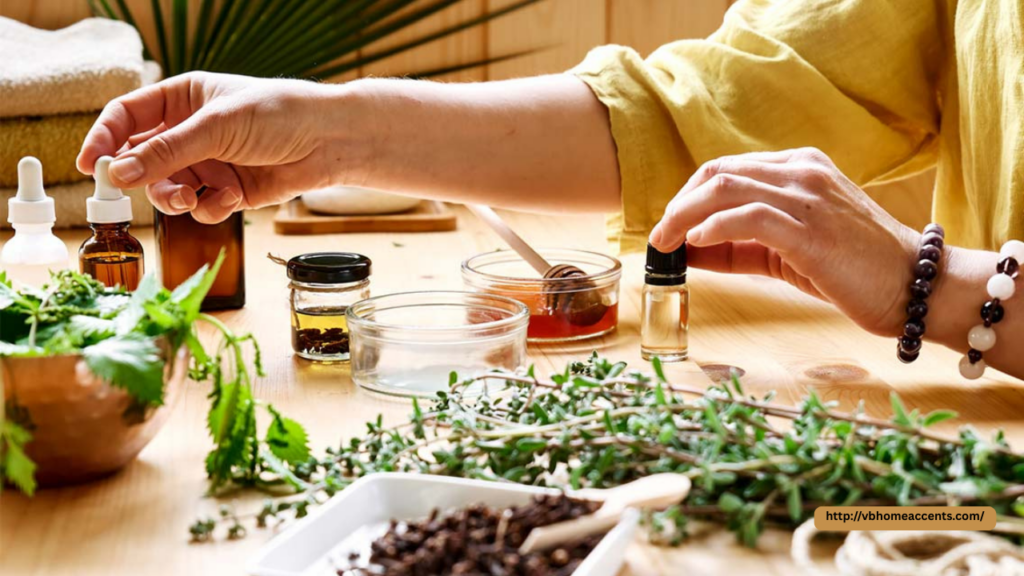
Addiction is a complex and often chronic condition that affects the body, mind, and spirit. Traditional approaches to treatment—such as medication, therapy, and support groups—are vital components of recovery. However, many individuals are also exploring complementary methods to support healing, including the use of plant medicine. Plant-based remedies have been used for centuries in various cultures to treat physical and emotional ailments, and today, their potential to ease withdrawal symptoms and reduce cravings is gaining renewed attention in the addiction recovery community.
Understanding Plant Medicine
Plant medicine refers to the use of herbs, roots, leaves, and other natural elements derived from plants for therapeutic purposes. Unlike synthetic drugs, many plant medicines work gently with the body’s natural systems, offering a holistic approach to healing. These remedies can help alleviate withdrawal symptoms such as anxiety, insomnia, nausea, and muscle pain, making the detox process more manageable.
Some of the most commonly used plant medicines in addiction recovery include:
- Kava: Known for its calming properties, kava can help reduce anxiety and promote relaxation without impairing cognitive function. This is especially helpful during early recovery when stress levels tend to be high.
- Passionflower: This plant is often used to treat insomnia and nervous tension. Passionflower acts as a natural sedative and has shown promise in reducing withdrawal symptoms from substances like opioids and alcohol.
- Milk Thistle: Often used to support liver health, milk thistle can be beneficial for individuals recovering from alcohol abuse, as the liver is typically under significant stress during and after addiction.
- Valerian Root: Commonly used to improve sleep and reduce anxiety, valerian root may help with the restlessness and irritability associated with detox.
- CBD (Cannabidiol): Derived from the hemp plant, CBD has gained popularity for its potential to ease anxiety, reduce cravings, and improve sleep—without the psychoactive effects of THC.
Plant Medicine and Craving Reduction
Cravings are one of the most difficult aspects of addiction recovery. They can arise suddenly and powerfully, often leading to relapse. Some plant medicines may help regulate brain chemistry and support the nervous system in a way that lessens the intensity of cravings.
For example, adaptogenic herbs like ashwagandha and rhodiola are known to support adrenal function and help the body adapt to stress. By improving the body’s resilience, these herbs can indirectly reduce the emotional triggers that lead to cravings. Similarly, certain teas like chamomile and lemon balm can promote calm and reduce anxiety, making it easier to manage the psychological aspects of recovery.
The Importance of Professional Guidance
While plant medicines can offer support during recovery, it is crucial to use them under the guidance of a qualified healthcare provider—especially when taken alongside other medications or treatments. Not all plant remedies are safe for everyone, and incorrect dosages or combinations can lead to unwanted side effects.
Conclusion
Plant medicine offers a natural and holistic path to support addiction recovery. By easing withdrawal symptoms and helping manage cravings, these remedies can be a powerful complement to traditional treatments. As interest in integrative healing continues to grow, plant-based therapies are emerging as valuable allies in the journey toward long-term sobriety and wellness.